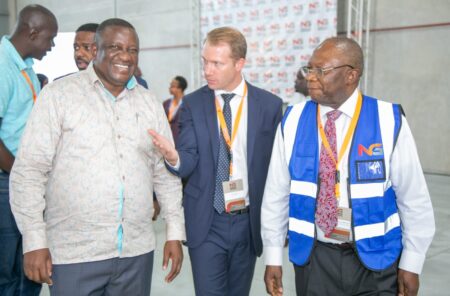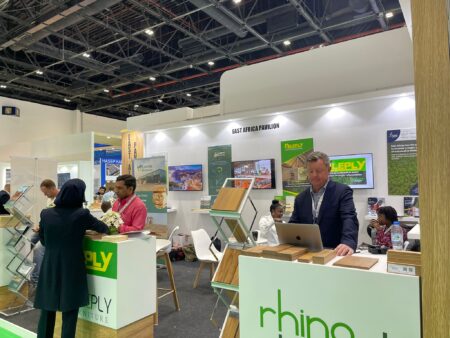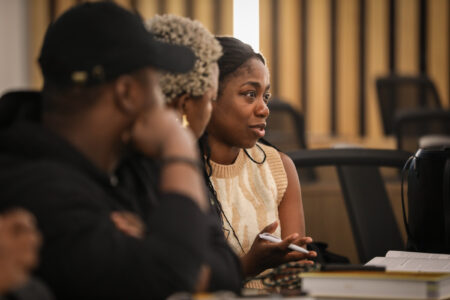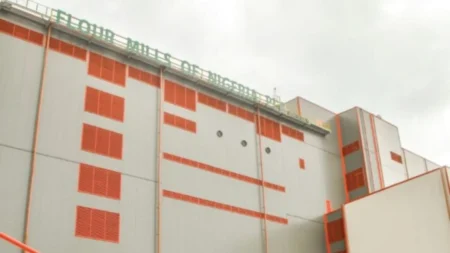Tanzania education landscape has acquired a $ 90 million boost from the Global Partnership for Education (GPE), for the enhancement of the sector.
According to a local Tanzanian news outlet-Daily News, the funds go after financing the construction of classrooms and other supporting infrastructure to accommodate the increasing number of enrolled children fueled by the new free education policy, ushered by the fifth government.
Statistics from the Ministry of Education, Science and Technology indicate that pupil’s enrollment has increased from 1.1 million to 1.9 million since the government started to implement the free basic education policy in 2016.
According to the Ministry of Finance and Planning, Permanent Secretary (PS) Doto James, the grant will be used to bankroll Education Sector Development Plan (ESDP) 2016/2017- 2021/22 and Education Programme for Results (EPforR).
The signing of the two grant agreements was held in Dar es Salaam yesterday between the Swedish Ambassador in Tanzania, Mr. Anders Sjöberg in Sweden’s capacity as Grant Agent for GPE in Tanzania and PS James, representing the government.
Further, he added that the grant will fuel the ESDP eyeing three specific focus: primary education, inclusive education, and adult and non-formal education.
“This will ultimately enhance the universal access and participation in quality pre-primary education, primary and non- formal education with particular attention to learners from vulnerable groups who need access for primary education,” he said.
Also, the Permanent Secretary added that $ 51.11 million will be added to Sweden’s contribution to the EPforR.
In July 2015, the two governments signed the specific grant agreement amounting to over $ 93 million (SEK 885 million).
“EPforR objective is to support the ESDP, specifically to ensure improved and equitable learning outcomes for all in basic education and upper secondary education,” the PS said.
In addition, Ambassador Sjöberg complimented Tanzania’s Literacy and Numeracy Education Support Programme (LANES) first phase accompliments.
“Considering the huge improvement in enrollment, due to the introduction of fee-free education in 2016 and the associated pressures that this change has placed on teaching resources the programme had a vital contribution on the 3Rs – Reading, Writing and Arithmetics,” he added.
According to the Ambassador, fee-free education has increased the number of enrolled children by 32 per cent thus making the apparent need to increase the number of teachers, classrooms and schools, which causes a great challenge to the education sector.
Further, Ambassador Sjöberg highlighted that GPE – LANES II will help to address challenges associated with a large number of additional students – as a result of fee-free education policy and will improve the quality of pre-primary, primary and non- formal education.










